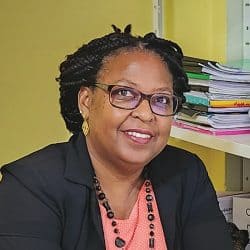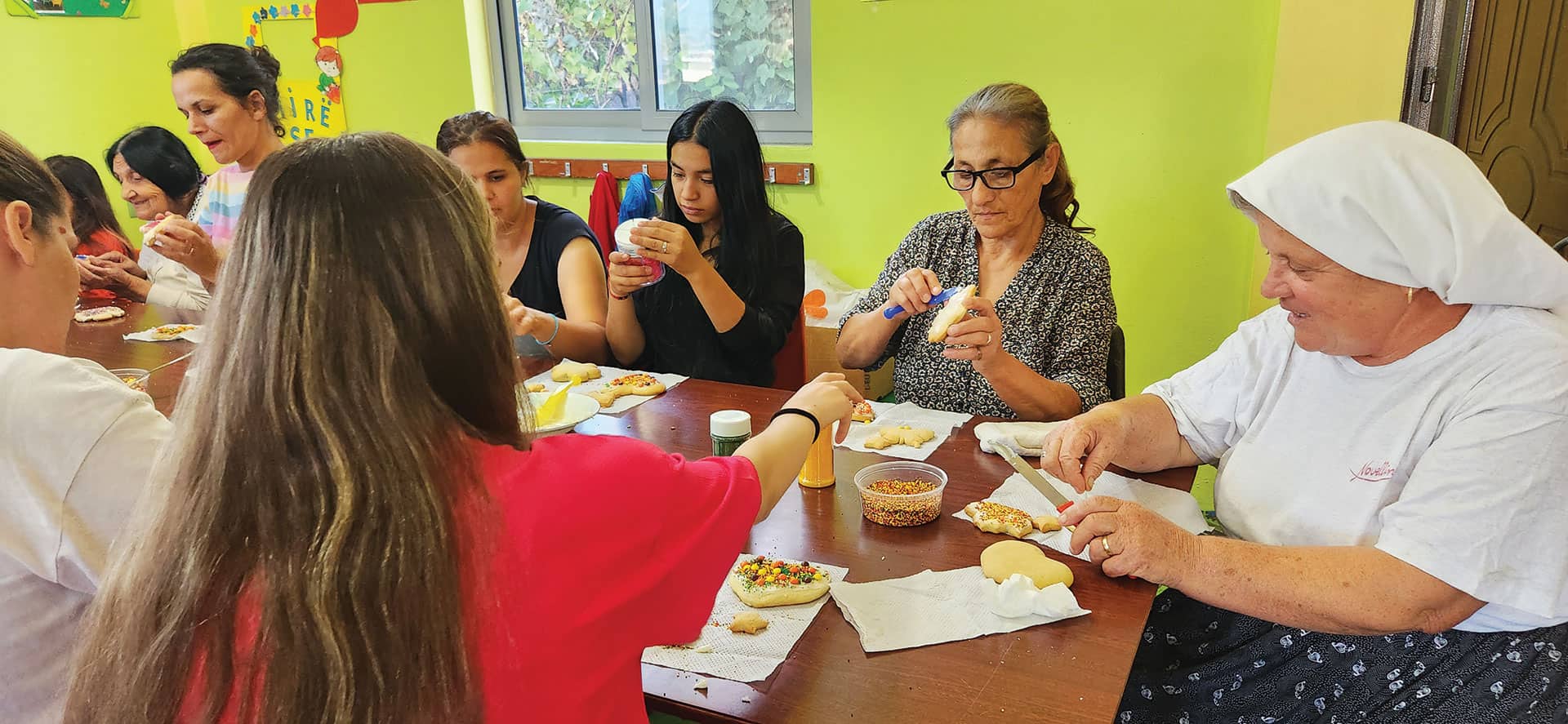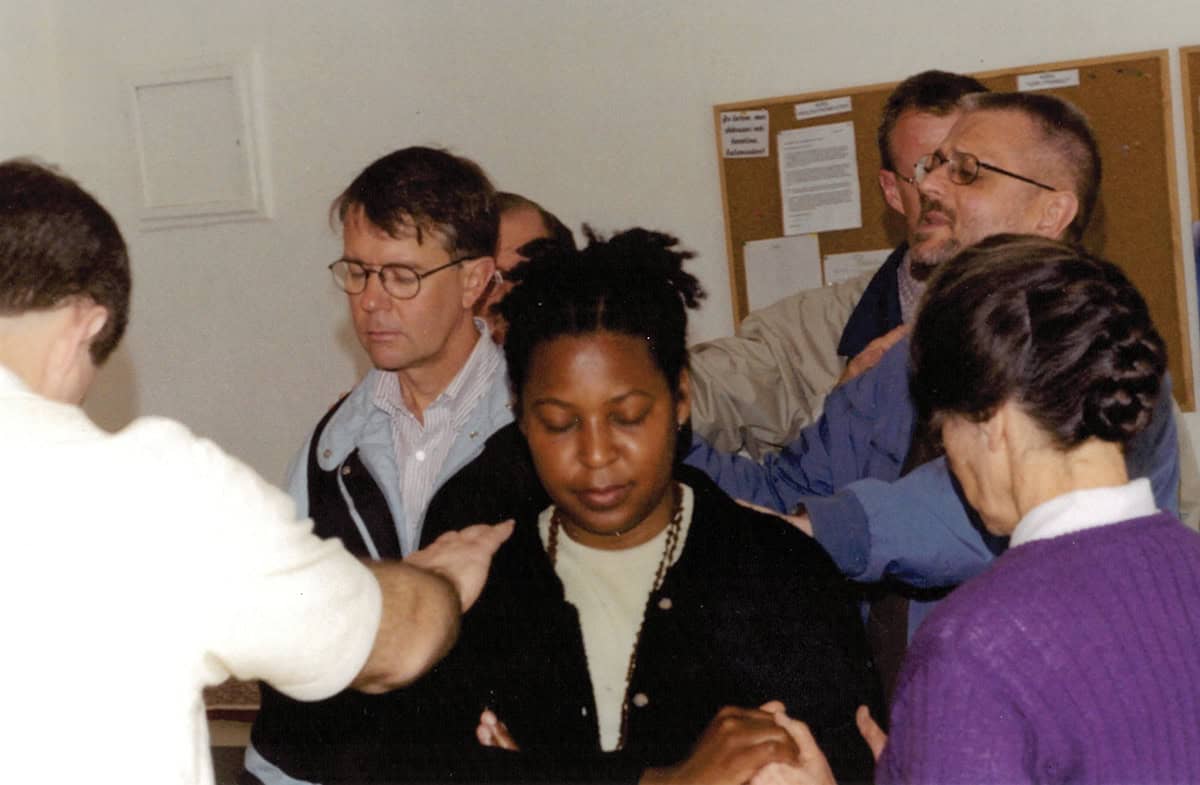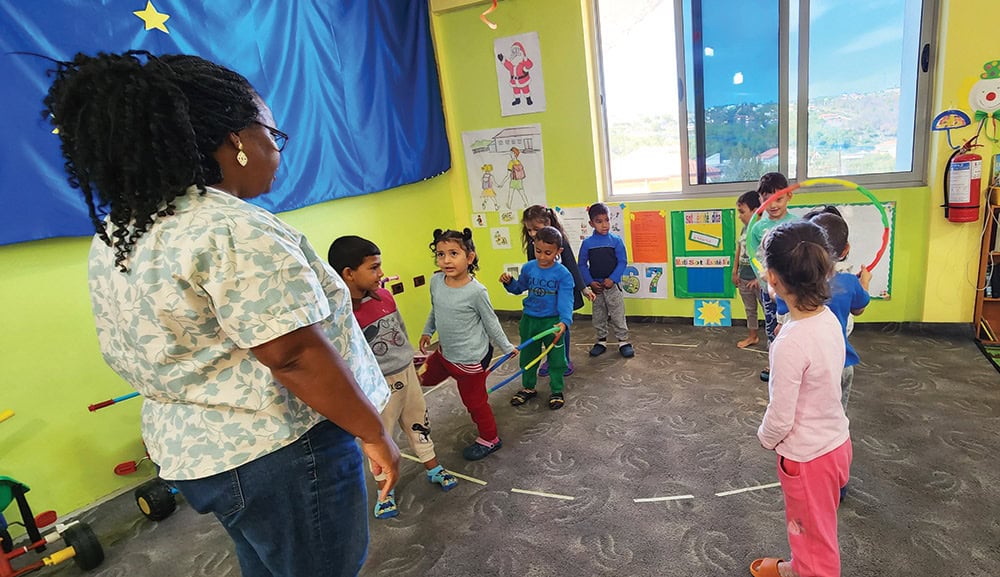From Brazil to Albania
Called to Albania as a mission worker 25 years ago, Norma’s ministry has made a generational impact.
By Norma Teles

We are called to know God and to make him known. This is accomplished through discipleship and through sharing the good news to everyone, everywhere.
When we understand that God has authority over all cultures and that God’s word is completely applicable to all contexts, we can preach the gospel with boldness, because we have the conviction that the gospel is totally valid for all people.
Through my church, I was encouraged to think about missions from childhood. At a very young age, I began focusing my life on ministry in the local church. I made my life available to the Lord to be used according to his will.
Along with three other friends, I started to reach out to kids who lived on the streets of Recife, a city in Brazil’s northeast, giving them an opportunity to have a home and a loving community. We were doing important and impactful work in a vast country that is both a mission field and a mission force.

Later, when I received a calling from God to go to Albania as a mission worker, it was hard to leave all that I was doing behind and start a new season in Albania. Cross-cultural mission was not in my plan, because Brazil is its own mission field. But once I understood that God could use me as an answer to my own prayers, my posture changed. My experience working with children on the streets of Recife has helped me to adapt to what I am now doing in Albania.
When I was preparing to serve, my local church encouraged me to work with the Mennonite missionaries who were already living in the city of Lezhë. These workers, and their spiritual support and care, have been very important to me on this journey. I am also very grateful to God for the support given by my devoted Ministry Support Team (MST), knowing that I cannot serve in mission on my own. They have prayed earnestly and shown me so much love and care.
When brothers and sisters in Christ unite, God pours out his special oil over his priests (Psalm 133). That is why the partnership with VMMissions has been such a blessing to my ministry and to the body of Christ.

When I arrived in Albania, which is a Muslim-majority nation, I learned a lot about serving in that new culture. I also faced the challenge of learning two new languages. I learned Albanian to communicate and minister to local people. I also had to learn English in order to work with the other mission workers on our regional team. In this time of intensive learning, I would pray for the fulfillment of Mark 16:17, “In my name…they will speak in new tongues.”
Single women are not as respected in every country as they are in the United States. I remember a situation when I was living in a city in the north of Albania with a family that was very dear to me. A man in the community was about to lose a finger because of an accident, and I had scheduled an appointment to dress his wound.
However, I did not have anyone who could go with me. When the father of the family I was staying with saw me out in the street on my own, he slapped me in the face and told me to go back home. To him, it wasn’t acceptable for a single woman to be walking alone in the street, and I was dishonoring them by leaving the house unaccompanied. This unforgettable moment showed me how important it is in this culture to maintain honor and avoid shame.
Here, like in other honor/shame cultures, the gospel connects with people when they understand how God takes away the shame of our sin through the sacrifice of Christ.

My ministry, which became the Joshua Center, came about when I began to notice how Roma kids at church were belittled because of their color and culture. Historically (and often pejoratively) known as gypsies, the Roma have been an itinerant people in Europe and beyond for centuries. They have faced widespread marginalization, and sometimes outright persecution.
The Joshua Center works with the Roma community specifically, a community in need of Jesus and his merciful love. Our goal is to make Jesus known through teaching. The Center has a preschool and afterschool program, and we also work with mothers and young women in the community. We can see how the power of the word of God can transform anyone who receives it, and how that transformation brings hope, not only to individuals, but also to the community.
This work over many years has resulted in generational impact. We know that God is present in our midst. He is helping us see each person as created in the image of God, a beautiful but fallen human being, in need of being reached by the gospel and its transforming power.
Norma Teles is the director of the Joshua Center. She has served in partnership with VMMissions and the Brazilian Mennonite Church since 1999.
